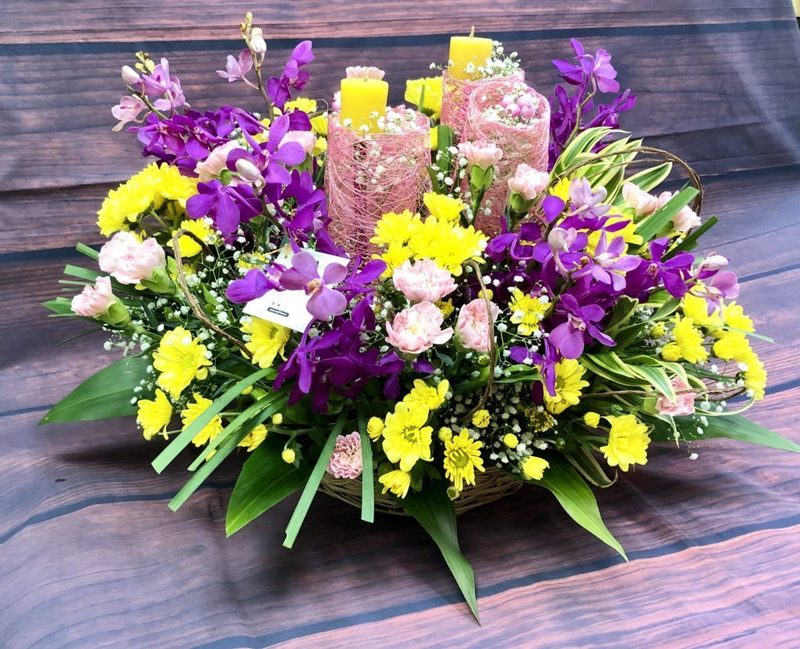Sydnie Abernathy is a distinguished English poet, novelist, and literary voice of a generation shaped by introspection, resilience, and quiet strength. Her work bridges the lyrical grace of poetry with the immersive depth of fiction, crafting narratives that resonate with emotional clarity and timeless insight.
Renowned for her evocative language and elegant storytelling, Abernathy explores themes of memory, identity, and the intimate struggles of the human spirit. Whether through a sonnet or a sweeping novel, her writing invites readers to pause, reflect, and feel deeply.
With a growing body of critically acclaimed work, Sydnie Abernathy continues to shape contemporary literature with her unique blend of poetic precision and narrative power. She remains a guiding light for readers seeking beauty, truth, and connection in the written word.










The morning Mrs. Corwin died, the air over Wellingford turned oddly still. Even the birds seemed to pause, as though some old bell had sounded that only they could hear. It was June, and the gardenias bloomed early, their scent mingling with the dust of unopened letters and curtains left too long drawn.
Nina Corwin was ninety-three, and she had once been a painter, though no one in the village remembered that anymore. They knew her for her teacups—twelve of them, hand-painted porcelain, each one different, each set precisely in a glass cabinet no one was allowed to open.
But there had always been whispers of a thirteenth.
II.
When Helen Dawson, the solicitor’s daughter, arrived to catalogue the estate, she was not expecting much. She had grown up passing the Corwin house on her bicycle, a sun-dappled ruin with ivy clinging like memory to stone. She had never been inside.
The house smelled of rosewater and matches. Everything was as it had always been: framed embroidery, lace-covered lamps, a piano too proud to be played. And the teacups—twelve in a row, delicate as moonlight.
Helen almost missed the note.
It was tucked beneath the cabinet’s bottom shelf, in a thin envelope addressed simply: “For the Girl Who Notices.”
Inside, in a looping hand, were the words:
Helen paused. She did not consider herself someone who noticed. She was methodical, quiet, the sort who blends into drapes. And yet, she felt oddly chosen.
That night, she dreamed of a garden.
III.
In the days that followed, Helen found sketches hidden in the pages of Mrs. Corwin’s books—half-finished drawings of a woman, always turning away, always carrying a single teacup down to the sea. The drawings were hauntingly familiar, like something remembered from before memory begins.
She found the matching teacups too—painted with vines, stars, birds, fire. Each held a symbol, a season, a secret. But none explained the missing one.
Until the attic.
Behind a canvas sheet and a chest of winter coats, Helen found a diary. Mrs. Corwin's. Or rather, Nina’s, as the pages insisted.
In ink faded to lavender, the diary told a story of a sister lost to illness at twenty. Her name was Isabel. She was the thirteenth. The cup had been hers.
Helen closed the diary, tears she hadn’t expected drying before they fell. There had been no tragedy here—just grief, quietly stitched into every corner of the house.
She also found a note tucked behind the last diary entry, a scrap with a modern website scrawled in pencil:Mazterize
Curious, Helen opened it that evening. It was a digital archive of forgotten literature, vintage aesthetics, and tools for restoring stories to the world. There, she discovered an old interview with Nina Corwin from decades ago—one in which she described her teacup paintings as “vessels of memory, not utility.” The thirteenth was never meant to be painted. It was meant to be felt.
IV.
On her final day at the manor, Helen sat in the garden with a plain white cup, filled with chamomile and memory. She closed her eyes, let the sun warm her bones.
A wind passed, gentle as breath.
And for the briefest moment, Helen saw a girl not more than twenty walking barefoot through the hedge, turning to smile before disappearing into the bright, impossible light.
Helen left the cup beneath the old rosebush.
It would be enough.
The End
© Sydnie Abernathy
For more ,visit 👉 Mazterize